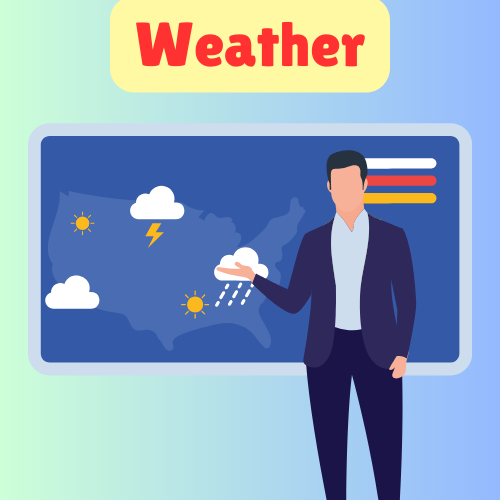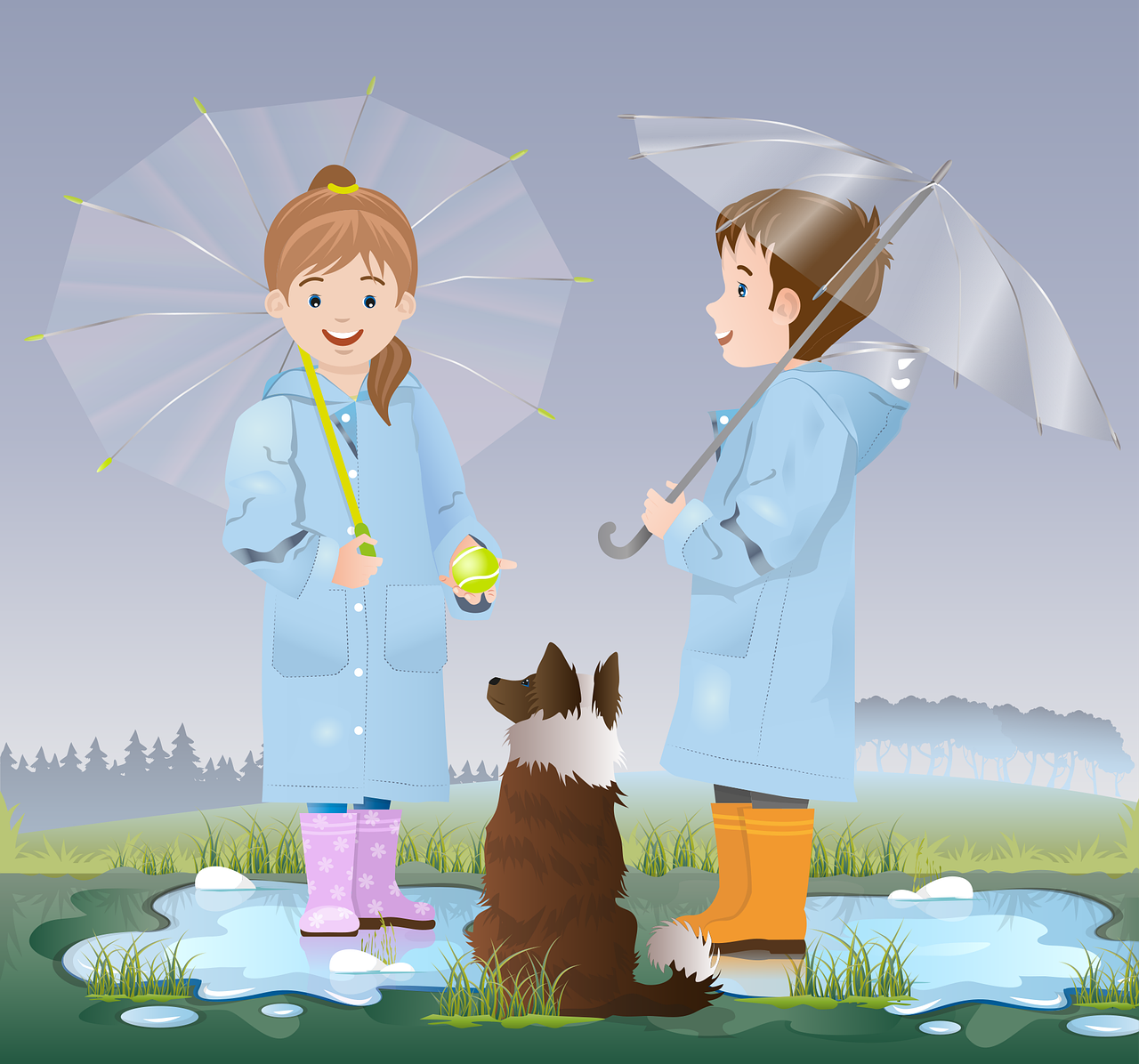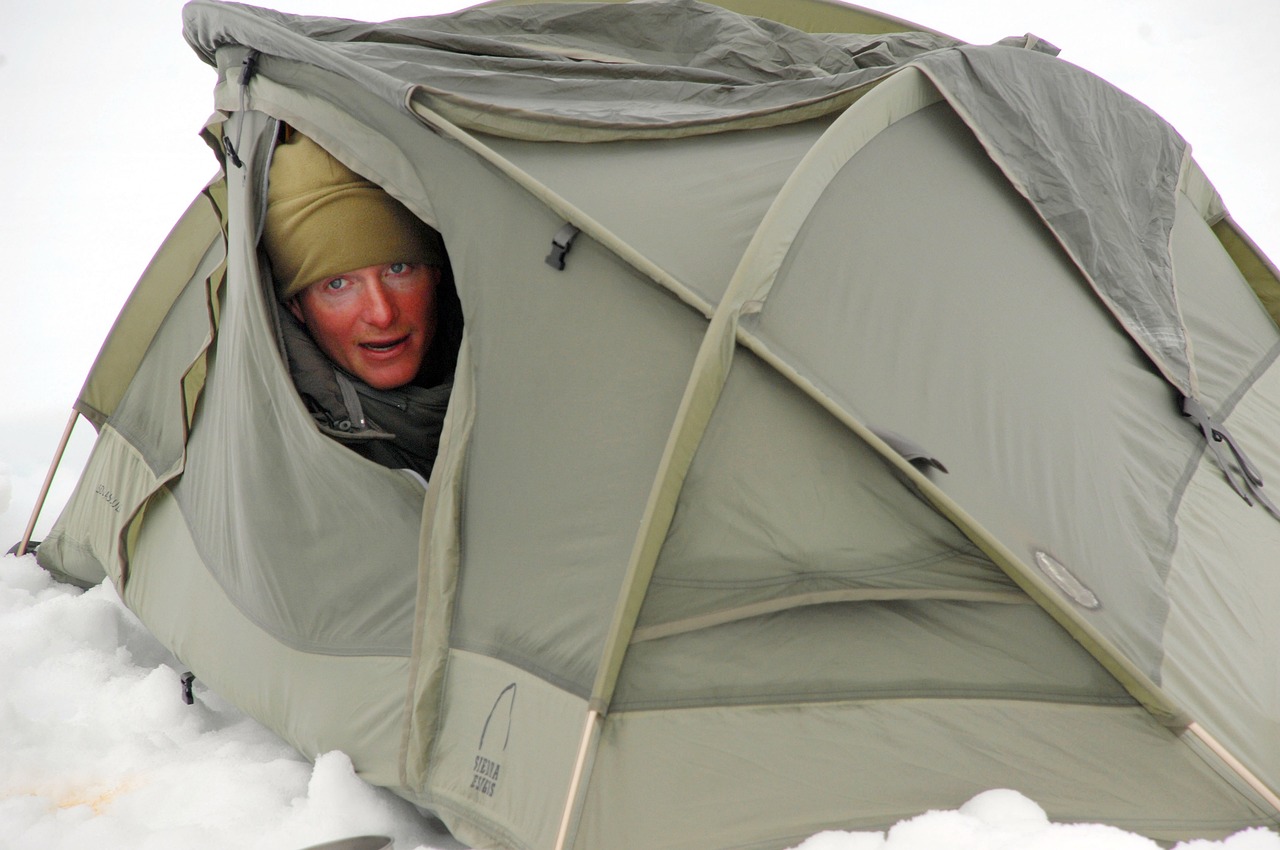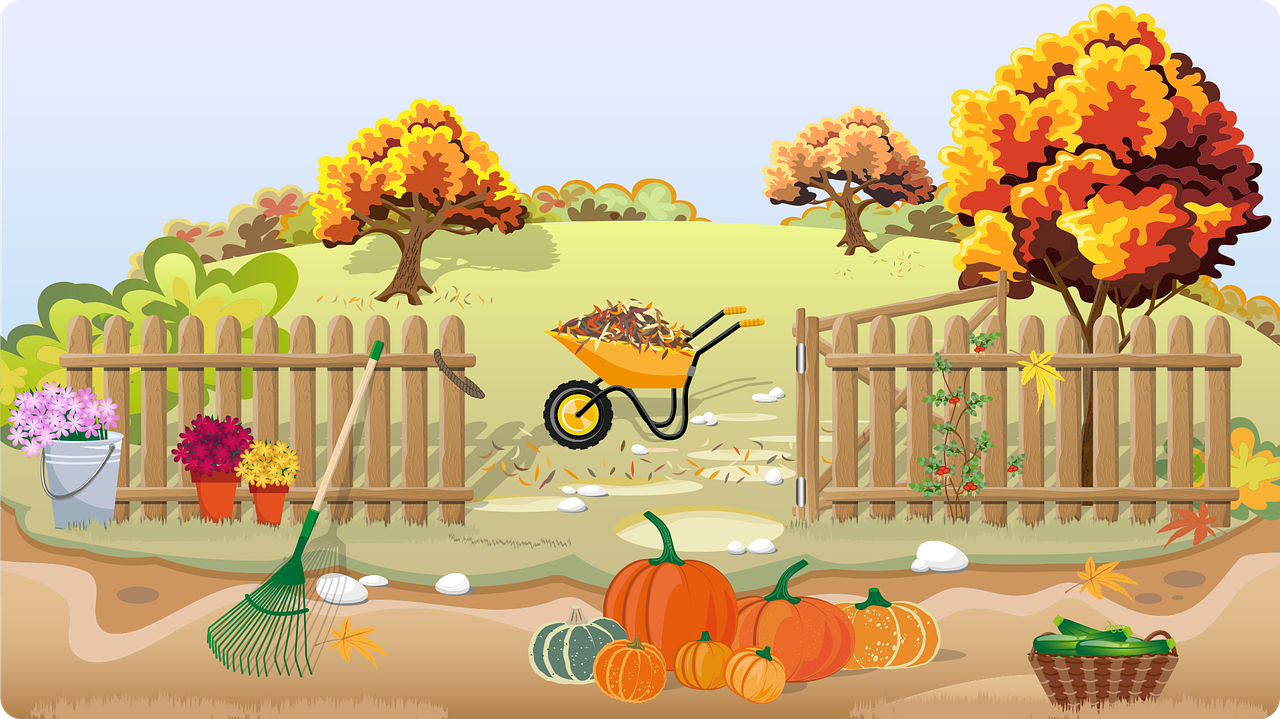

In this lesson, you will learn about different types of weather conditions in English. Understanding weather vocabulary is essential for daily conversations, travel planning, and enhancing your English skills. This lesson will help you describe various weather conditions accurately and effectively.
Introduction to Weather Conditions:
Weather conditions are an integral part of our daily lives, affecting how we dress, travel, and plan activities. In this lesson, you will learn the names and correct pronunciation of various weather conditions in English. This will help you talk about the weather, understand weather forecasts, and engage in common weather-related conversations.
Common Weather Conditions:
Sunny: Bright with lots of sunlight. Example: It’s a sunny day.
Rainy: Characterized by rain. Example: It’s raining outside.
Cloudy: Covered with clouds. Example: The sky is cloudy today.
Snowy: Characterized by falling snow. Example: It’s snowy in the mountains.
Windy: Characterized by strong winds. Example: It’s very windy today.
Stormy: Characterized by storms with thunder and lightning. Example: The weather is stormy.
Foggy: Filled with thick fog. Example: It’s foggy this morning.
Hot: High temperature. Example: It’s very hot today.
Cold: Low temperature. Example: It’s cold outside.
Humid: High level of moisture in the air. Example: It’s very humid today.
Usage of Weather Vocabulary in Everyday Situations:
Describing the Weather: It’s sunny and warm today. It’s a rainy afternoon.
Talking About Preferences: I like sunny days. She loves snowy weather.
Planning Activities: Let’s go to the beach since it’s sunny. We’ll stay indoors because it’s stormy.
Discussing Weather Changes: The weather was cloudy in the morning but now it’s sunny. It’s getting cold in the evening.
In this lesson, you will learn about different types of weather conditions in English.
Understanding weather vocabulary is essential for daily conversations, travel planning, and enhancing your English skills.
This lesson will help you describe various weather conditions accurately and effectively.
Introduction to Weather Conditions: Weather conditions are an integral part of our daily lives, affecting how we dress, travel, and plan activities.
In this lesson, you will learn the names and correct pronunciation of various weather conditions in English.
This will help you talk about the weather, understand weather forecasts, and engage in common weather-related conversations.
Common Weather Conditions: Sunny: Bright with lots of sunlight.
Example: It’s a sunny day.
Rainy: Characterized by rain.
Example: It’s raining outside.
Cloudy: Covered with clouds.
Example: The sky is cloudy today.
Snowy: Characterized by falling snow.
Example: It’s snowy in the mountains.
Windy: Characterized by strong winds.
Example: It’s very windy today.
Stormy: Characterized by storms with thunder and lightning.
Example: The weather is stormy.
Foggy: Filled with thick fog.
Example: It’s foggy this morning.
Hot: High temperature.
Example: It’s very hot today.
Cold: Low temperature.
Example: It’s cold outside.
Humid: High level of moisture in the air.
Example: It’s very humid today.
Usage of Weather Vocabulary in Everyday Situations: Describing the Weather: It’s sunny and warm today.
It’s a rainy afternoon.
Talking About Preferences: I like sunny days.
She loves snowy weather.
Planning Activities: Let’s go to the beach since it’s sunny.
We’ll stay indoors because it’s stormy.
Discussing Weather Changes: The weather was cloudy in the morning but now it’s sunny.
It’s getting cold in the evening.
|
|

SunnySunny |

It's sunny today.It's sunny today. |

RainyRainy |

They carry umbrellas on rainy days.They carry umbrellas on rainy days. |

CloudyCloudy |

The sky is cloudy this afternoon.The sky is cloudy this afternoon. |

WindyWindy |

He flies kites when it's windy.He flies kites when it's windy. |

SnowySnowy |

They build snowmen when it's snowy.They build snowmen when it's snowy. |

StormyStormy |

We stay indoors during stormy weather.We stay indoors during stormy weather. |

FoggyFoggy |

She drives slowly in foggy conditions.She drives slowly in foggy conditions. |

HotHot |

It's hot in the summer.It's hot in the summer. |

ColdCold |

It's cold in the winter.It's cold in the winter. |

WarmWarm |

The weather is warm in spring.The weather is warm in spring. |

FreezingFreezing |

It's freezing outside.It's freezing outside. |

ChillyChilly |

He wears a sweater when it's chilly.He wears a sweater when it's chilly. |

MildMild |

The weather is mild in autumn.The weather is mild in autumn. |

HumidHumid |

They feel sticky in humid weather.They feel sticky in humid weather. |

DryDry |

The air is dry in deserts.The air is dry in deserts. |
Q&A Section: Question: How do you describe a day with a lot of sunlight?
Answer: Sunny.
Question: What do you call the weather condition characterized by falling rain?
Answer: Rainy.
Question: What weather condition is characterized by strong winds?
Answer: Windy.
Question: How do you describe the weather when it’s filled with thick fog?
Answer: Foggy.
Question: What term is used for very high temperatures?
Answer: Hot.
Congratulations! You've learned about different types of weather conditions in English.
Practice using these weather terms in your daily conversations to enhance your English skills.
Keep up the great work on your English learning journey!